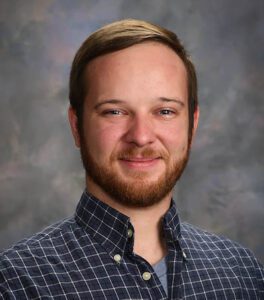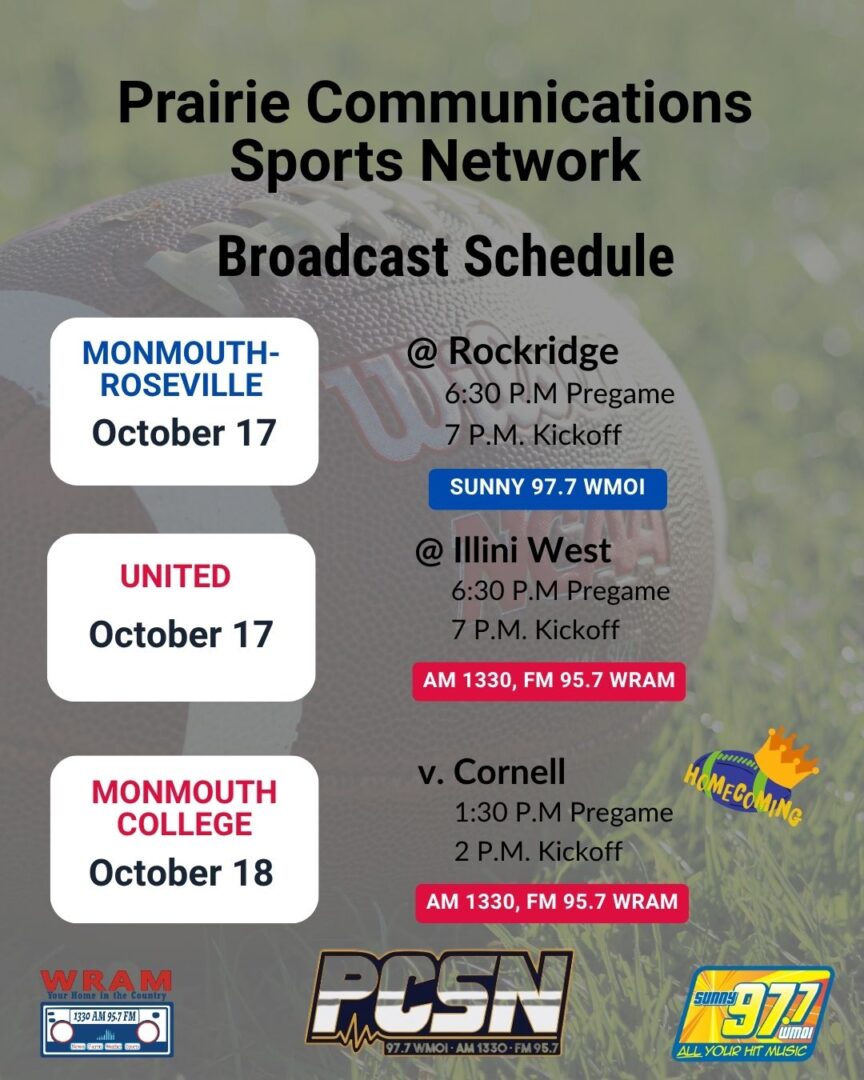By Thomas Best
Last week, I began my review of John W. Quinley’s new biography: “Discovering Carl Sandburg: The Eclectic Life of an American Icon.” As I stated, the reading public now has a brief but very instructive study of one of the most talented and intriguing men ever write, speak, or express his ideas through music. I previously described Quinley’s insightful overview of Sandburg’s youthful experiences in Galesburg and his “hobo” like existence in his late teens. Today, I want to provide some interesting thoughts about Sandburg’s early adulthood.
The reality is that as nostalgic as he, or we, might be about the early days of Galesburg’s development as a Swedish enclave of labors and railroad workers, this biography likewise offers a wider narrative of Sandburg’s quest for learning and broader horizons. Before leaving Galesburg for good, you may know that he attended the now extinct Lombard College. Here, his worldview and skills as a writer were evolving. Consider this selection from his booklet, “Incidentals”:
“Look at it in any line of work you please, in art, religion, business, or any other place of human effort. It is getting away from known shores and sailing toward undiscovered countries and across uncharted seas, that me find new things that mean power or honor or love.”
Becoming a journalist and writer of many forms in the progressive era of the early 20th century, Sandburg would develop into a poet and orator, writing and talking about day-laborers and the downtrodden. In one of his speeches from 1910 at a “Labor Day” event, Sandburg focused on the economic problems of the laboring class and addressed the need for everything from a national minimum wage to pensions for senior citizens. In the later Great Depression, in his poem “The People, Yes,” Sandburg wrote: “With a stake in the country; without jobs or nest eggs, Marching they don’t know where, Marching north south west.” He expressed the uncertainty of the times, but he also cemented his poetry and prose with the confidence that the American people would live on and go return to “nourishing earth for rootholds.” He also would go on to compose folk songs reflecting both American myths and the stark realities of common people. Surprisingly, something I didn’t know, Sandburg became a prolific reviewer of movies in the silent era. However, in this period of his life, he most illustrated a caustic wit as a “muckraking” reporter and columnist. Commenting on topics ranging from World War I and World War II and the rise of Nazis to race riots in Chicago, Sandburg addressed problems which he believed must be addressed for the good of the nation.
Next time, we will continue to examine Sandburg’s wide-ranging interests and skills that took him through the second half of the 1900s.













